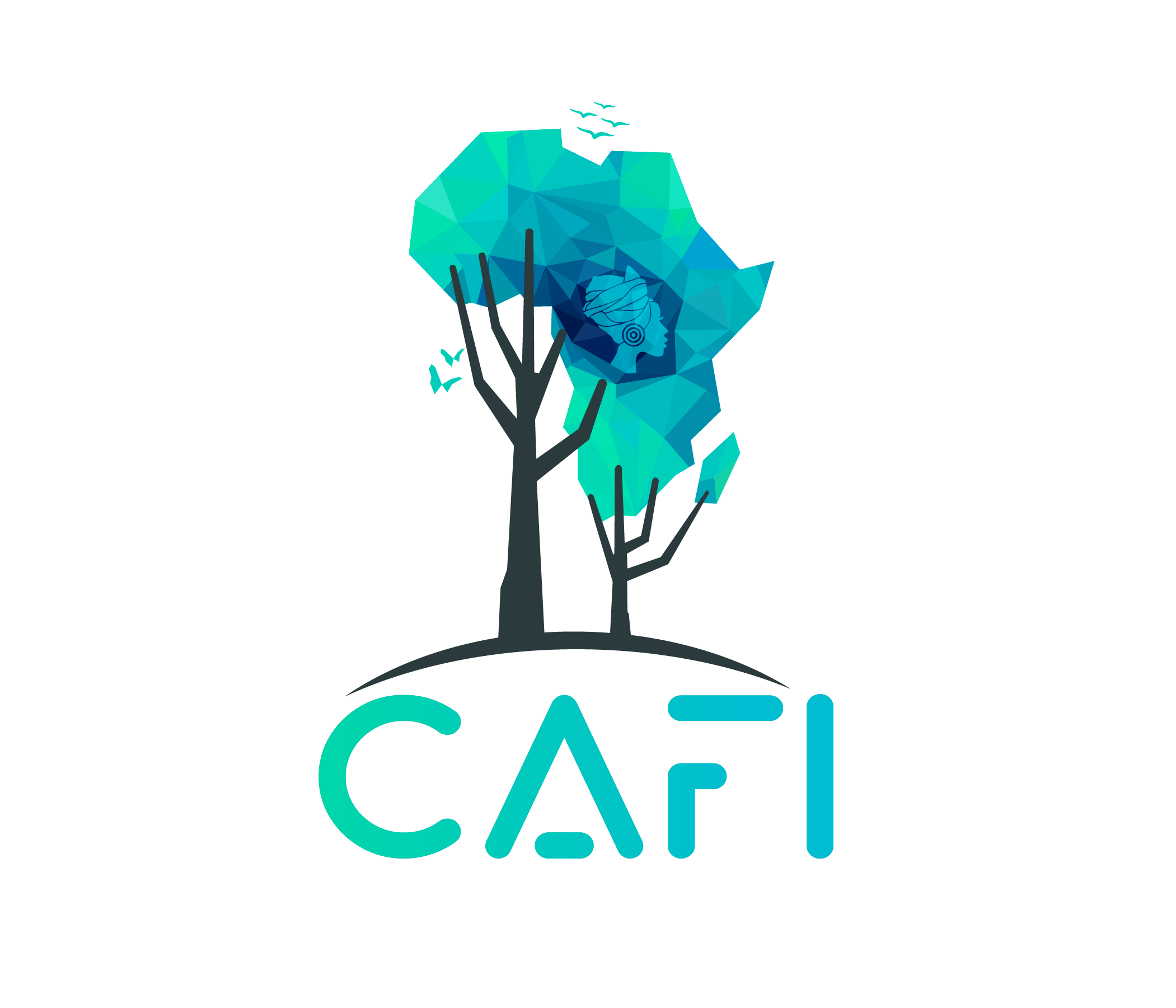In November 2013, at the International Conference on Family Planning in Addis Ababa, the DRC joined the FP2020 initiative, committing to increase its modern contraceptive prevalence from 6.5% to at least 19% by 2020, targeting an additional 2.1 million women. In early 2014, the country launched its first Family Planning Strategic Plan (2014–2020), emphasizing a multisectoral approach and identifying community-based distribution and environmental partnerships, notably with the CAFI, as critical strategies. Family planning was later incorporated into the national REDD+ investment plan, and by 2018, a consortium led by Tulane International, DKT, and MSI submitted the Support to Family Planning Programme (PROMIS-PF) project to scale up family planning across the country.
PROMIS-PF (I), funded by CAFI through the DRC’s National REDD+ Fund, supported the implementation of the Family Planning Strategic Plan, aiming to increase rights-based access to modern contraceptives and reproductive health measures in target areas stipulated in the National Strategic Plan. The programme targets over 36 million people in its first phase and aligns with long-term national goals, including reducing population pressure, improving maternal and child health, lowering household poverty, and supporting sustainable environmental practices.
The PROMIS-PF project is fully integrated with the DRC’s health and development policies, including the National Health Development Plan (PNDS) and Universal Health Coverage (UHC) Vision 2030. It complements other reproductive health and family planning initiatives, particularly in overlapping regions, and promotes coordination among stakeholders through governance structures. Tulane, as the technical lead, is also responsible for guiding the development of a national communication strategy and supporting improvements in the national health system.

